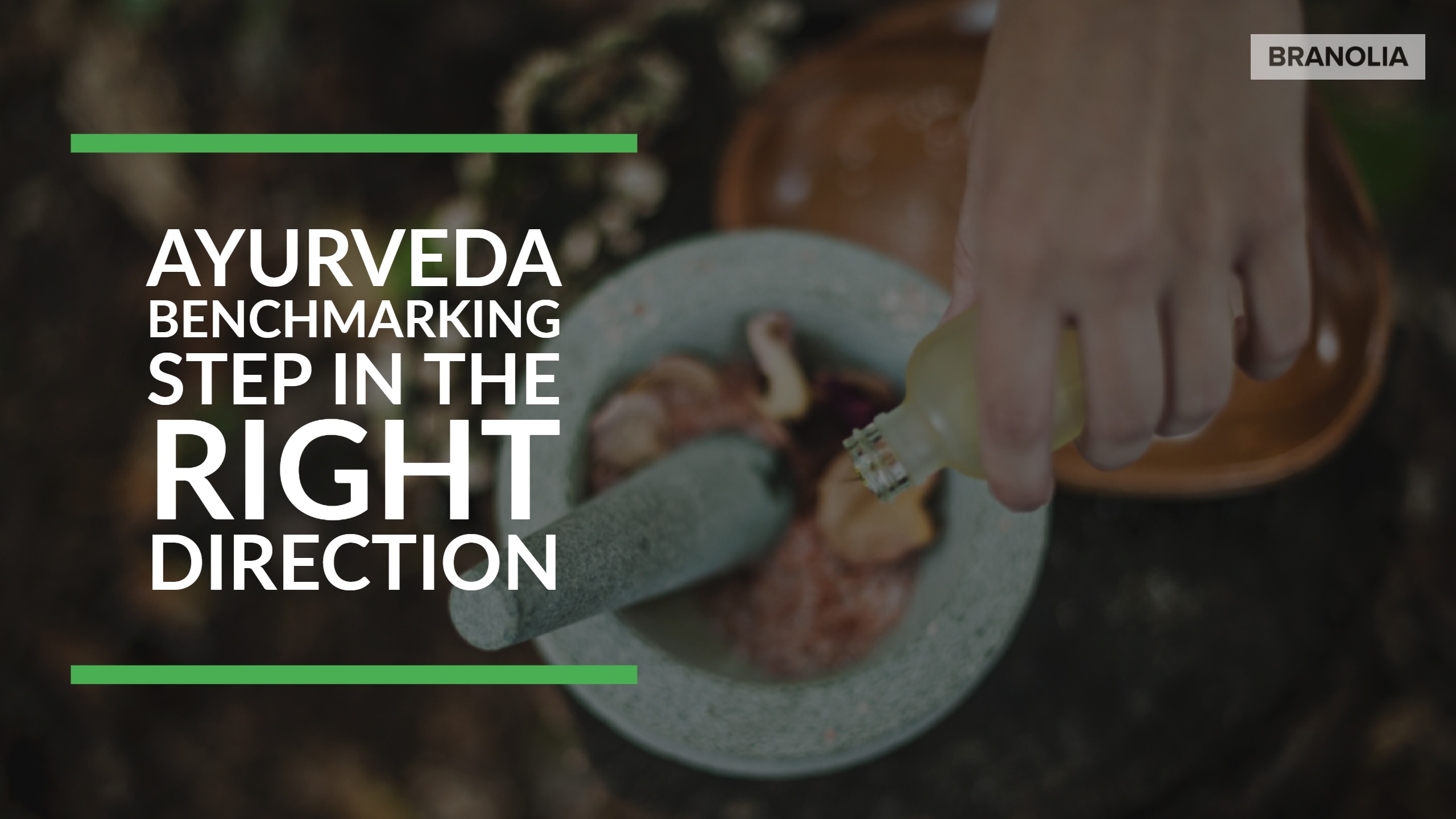Ayurveda Benchmarking: Step in Right Direction

With Yoga and traditional Indian medicine systems getting popular, the need is to set standards for improving the quality and service delivery of Indian systems of medicine and help in their better acceptability internationally.
Ministry of AYUSH and WHO have signed an agreement titled “Co-operation on promoting the quality, safety, and effectiveness of service provision in traditional and complementary medicine. The intent is to develop basic WHO benchmark documents for training and practice of different Indian systems of medicine and Yoga.
Why is Benchmarking Necessary
An essential component of many health systems around the world, traditional medicine reflects practices and products that have evolved over many years. They are usually based on experience rather than conventional scientific evidence. This has lead to an alternative medicine being loosely structured without adequate oversight. E.g. people start practicing yoga by reading books and there are no uniform regulations for ensuring quality, efficacy, and norms for practice in alternative systems of medicine.
With Ayurveda and Yoga playing an important role in National Health Service and also it getting popular globally, standardisations, benchmarks, and operating procedures are required to maintain quality, safety, and efficacy of traditional practices and products. Some of the essential protocols required for Ayurveda and Yoga include:
- Quality and safety of products, including medicines and medical devices
- Informatics, including terminology and classification
- Education, training, and practices of practitioners
- Methodology for obtaining evidence to support practices and products
WHO has been tasked with developing the aforesaid protocols by AYUSH ministry for traditional Indian medicine and Yoga. The project runs till December 2020.
WHO well positioned to get Ayurveda and Yoga international acceptability
The WHO passed a resolution in the 2014 health assembly called WHO Traditional and Complementary Medicine Strategy: 2014-2023 to help member states build their knowledge base, promote universal health coverage by integrating Traditional and Complementary Medicine (T&CM) into national health policies, regulate products, practices, and practitioners related to such disciplines, among other objectives. India had co-sponsored the resolution.
WHO has also established an International Regulatory Cooperation for Herbal Medicines (IRCH) – a global network of regulatory authorities responsible for the global regulation of herbal medicines.
As Ayurveda and Yoga make inroads both nationally and internationally, WHO benchmarks will give momentum to the trend.
[supsystic-social-sharing id="1"]

